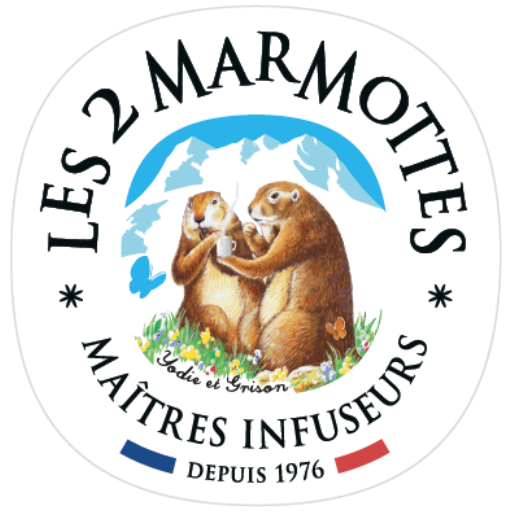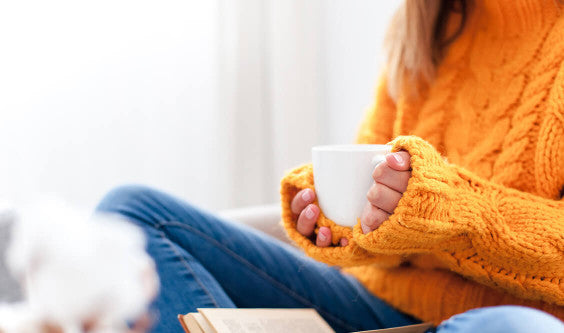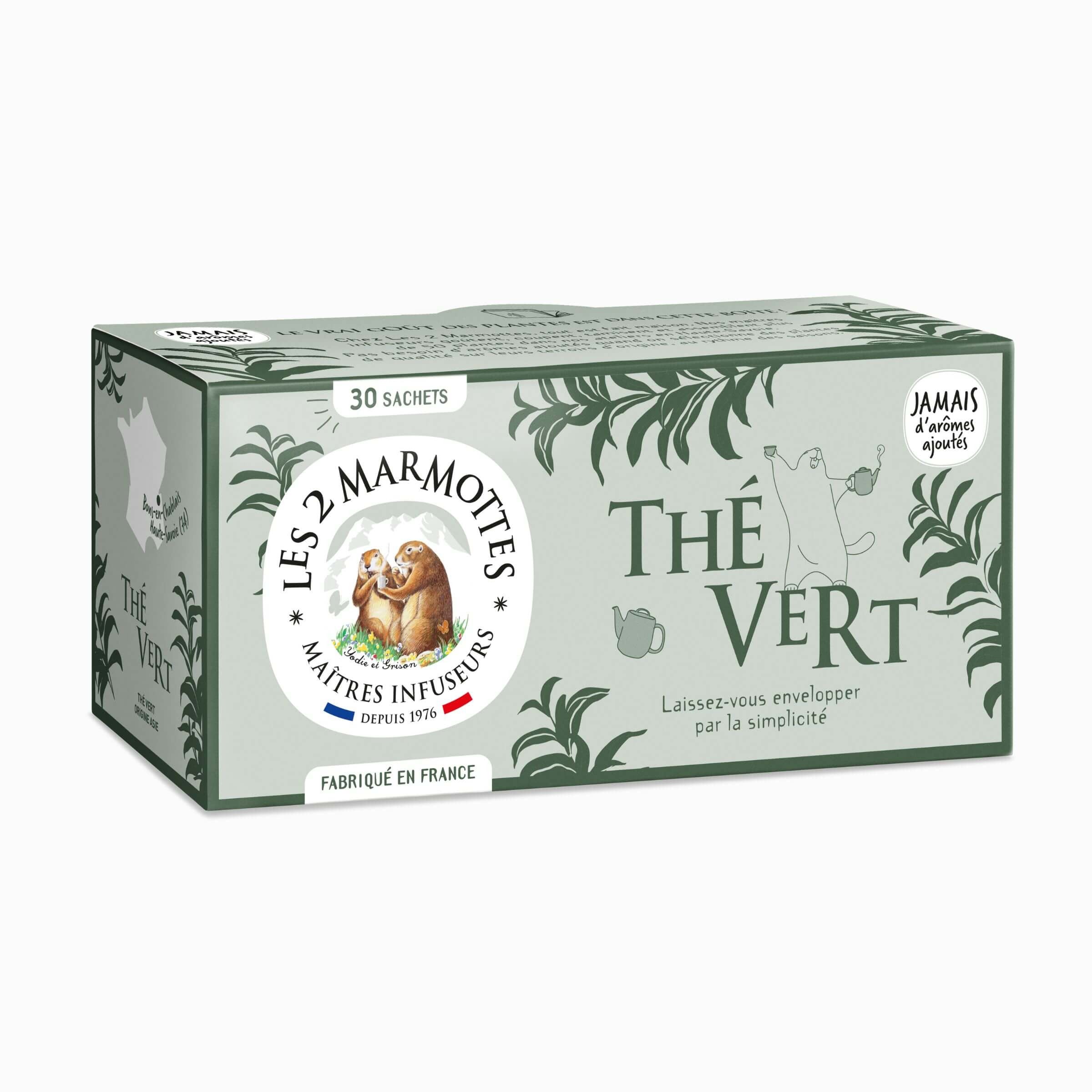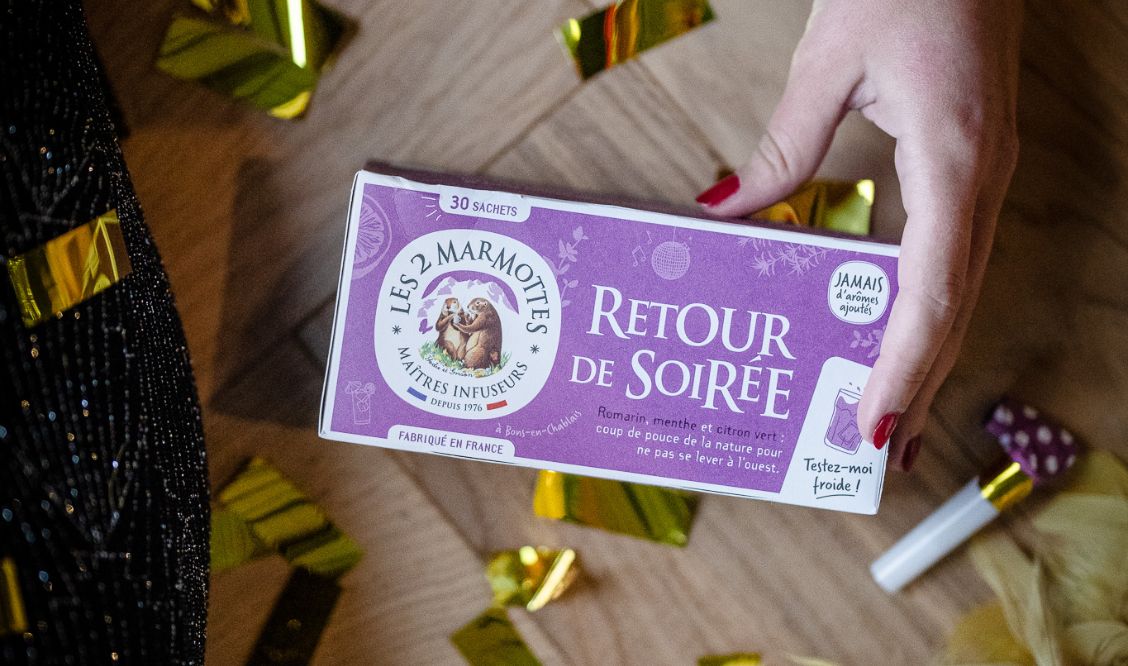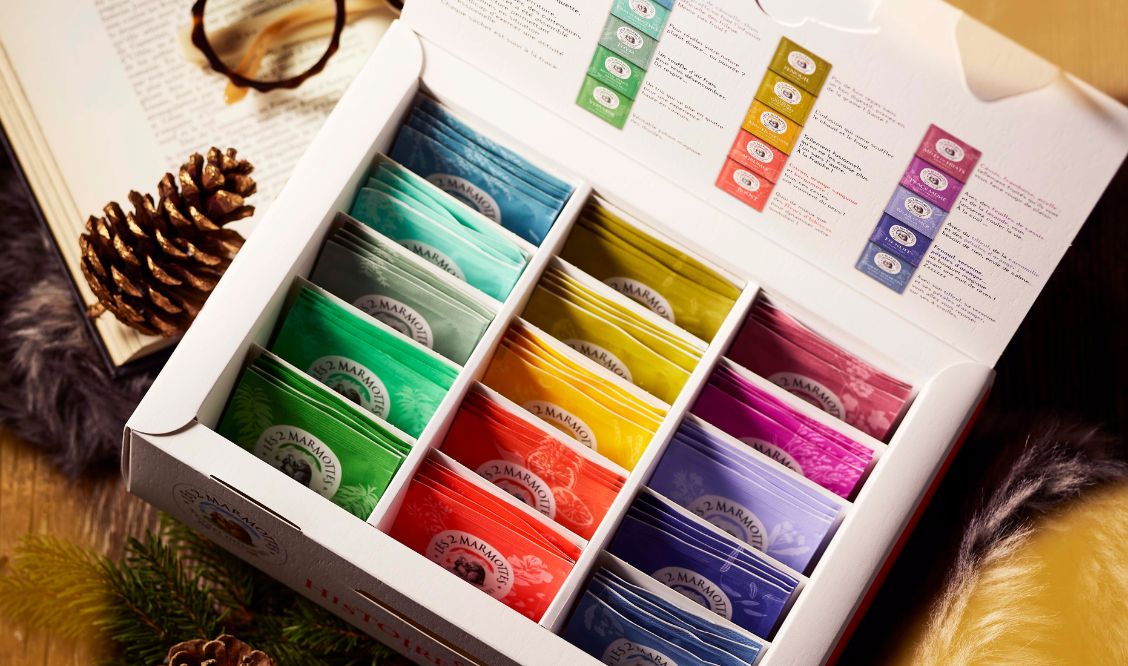We often talk about the benefits of tea, but our favorite hot drinks can also sometimes have unexpected side effects. This is the case with tea and iron, which don't really get along. So, is drinking tea when you're iron deficient serious, doctor? We'll explain everything!
You may have already heard about the impact of tea on iron absorption . While a link between the two is indeed proven, you still need to remain vigilant.
In fact, only heavy consumers of green tea (in other words, those who drink more than 1.5 liters per day) are affected.
Drinking tea in large quantities can play tricks on your iron levels: the tannins it contains can inhibit iron absorption during digestion. And since iron is essential for the body to function properly, but the body is unable to produce it, it's important to remain vigilant!
Finally, be aware that the longer you let your tea infuse, the greater the quantity of tannins it will contain.
While anemia can be easily detected during a blood test, an iron deficiency can also be felt on a daily basis. When you're anemic, you may feel unusually tired, suffer from headaches, or even feel dizzy. When you're iron deficient, some people also tend to look unwell.
If you have any doubts, consult your doctor, who will prescribe tests immediately. If it turns out that you suffer from an iron deficiency (ferritinemia or blood ferritin level below 20 micrograms per liter), then you will be advised to drink tea outside of meals and away from any possible medication intended to combat anemia.
Now that you know that tea and iron aren't the best of friends, drink wisely. Prepare a green or black tea at least one hour before or one hour after your meal. By also limiting the water temperature (no more than 60°) and the infusion time (maximum 2 minutes), you'll limit the extraction of tannins.
Finally, nothing is stopping you from turning to infusions . Naturally caffeine-free and without added flavors, they are therefore an excellent alternative to tea while avoiding any iron problems! You know what you have to do...
- limit your consumption of green tea to a maximum of 1.5 liters per day
- focus on a varied diet (head to Popote des Marmottes for recipe ideas based on herbal teas )
- sip your tea outside of meals
- replace tea with caffeine-free infusions or with rooibos , a caffeine-free "red tea"
- do not hesitate to seek medical advice.
Herbal teas and infusions
